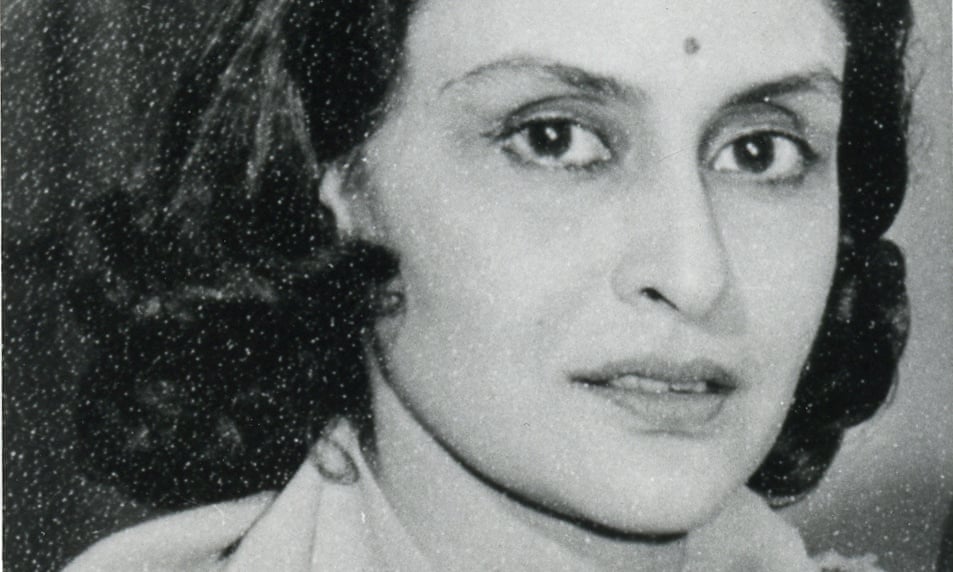The republication of the author’s 1969 novel, set in newly-independent and fast-modernising India, takes us to the roots of some of the key conflicts that have shaped our present
By the time of her death in 2004, the works of Indian writer Kamala Markandaya (the pen name of Kamala Purnaiya Taylor), who had spent most of her life in Britain, had been largely forgotten. Her debut novel, Nectar in a Sieve (1954), a tale of rural love in modernising India, had been an award-winning bestseller, but as she turned her attention, in subsequent works, to issues of interracial relationships and eventually the immigrant experience in Britain, critics, audiences and publishers lost interest or tuned out. Markandaya became one of the many neglected English-language writers whose work tackled the experience of racism and contested identity in postwar India and Britain.
Last year Small Axes republished Markandaya’s extraordinarily poignant and powerful novel The Nowhere Man (originally published in 1972), a tale of the growing alienation and racism experienced by an elderly Indian immigrant to Britain, which sparked a mini-renaissance of interest in Markandaya. Now it’s the turn of The Coffer Dams (originally published in 1969), a work that tackles issues – among them racism, colonialism, the British class system, indigenous rights, environmental issues and the homogenising forces of modernity – that (as is the case with The Nowhere Man) are as live today as they were when the work was originally published. Something that’s both a tribute to the author’s insight into the evolving world around her and a damning indictment of society’s wayward drift over the past 50 years.
The plot revolves around the construction of a dam in the hills of Karnataka and the contrasting characters of its principal builder, the Englishman Clinton, who is dangerously attracted to the idea that he might be some modern-day (but more ethically rational) equivalent of early rapacious colonial-era conquerors such as Robert Clive or Richard Wellesley, and his young wife Helen, a woman navigating a ‘man’s town’ (and a man’s marriage), more interested in the lives and fates of displaced locals than bringing modernity to the hills and plains of the region. Between these two poles lies a community of British engineers and builders, imported Indian labourers and the indigenous people of the Malnad, whose elders and women are pushed to one side (their villages displaced) while their young men are lured into the construction of the cofferdams that will pave the way for the construction of the Great Dam itself.
As building races at breakneck speed to beat the impending monsoons, the community is set up for a clash between academic (or modern) and local (or traditional) knowledge and belief systems, between races and cultures, between people who are seen and unseen, and received attitudes to all of these that have changed not nearly as much as the local landscape is about to. It’s to Markandaya’s great credit (and thanks to her unique sensibilities) that these conflicts are enacted as much between modern and traditional Indians as they are between the former colonisers and the formerly colonised (although in the little town that has grown up around the dam there is little that’s ‘former’ about either of these positions). Both, it seems, are struggling to come to terms with their relationship to the ambiguous realities of a newly independent India and the conflicts that led to its birth. At heart, The Coffer Dams is a novel about how we justify and then adapt to change, and the price we pay for it.
While the novel suffers from the fact that the dam and its construction provides a somewhat disconnected stage set for this tragicomedy of clashing manners and customs, it nevertheless takes us to the roots of some of the key conflicts that have shaped our present. And ultimately, The Coffer Dams provides yet more evidence that Markandaya was not only one of the most acute analysts of the social conditions of her time but that, disturbingly, she continues to be that in ours.
The Coffer Dams, by Kamala Markandaya, is published by Small Axes
